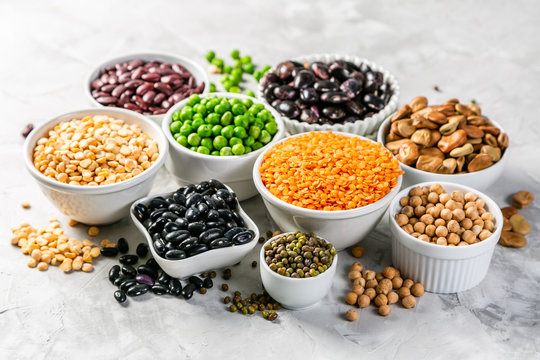
Legumes
Legumes are a family of plants that include beans, lentils, peas, and peanuts, known for their high protein and fiber content. They are a staple in many diets worldwide, offering essential nutrients and benefits for heart health, digestion, and sustainable agriculture.
Types Of Legumes
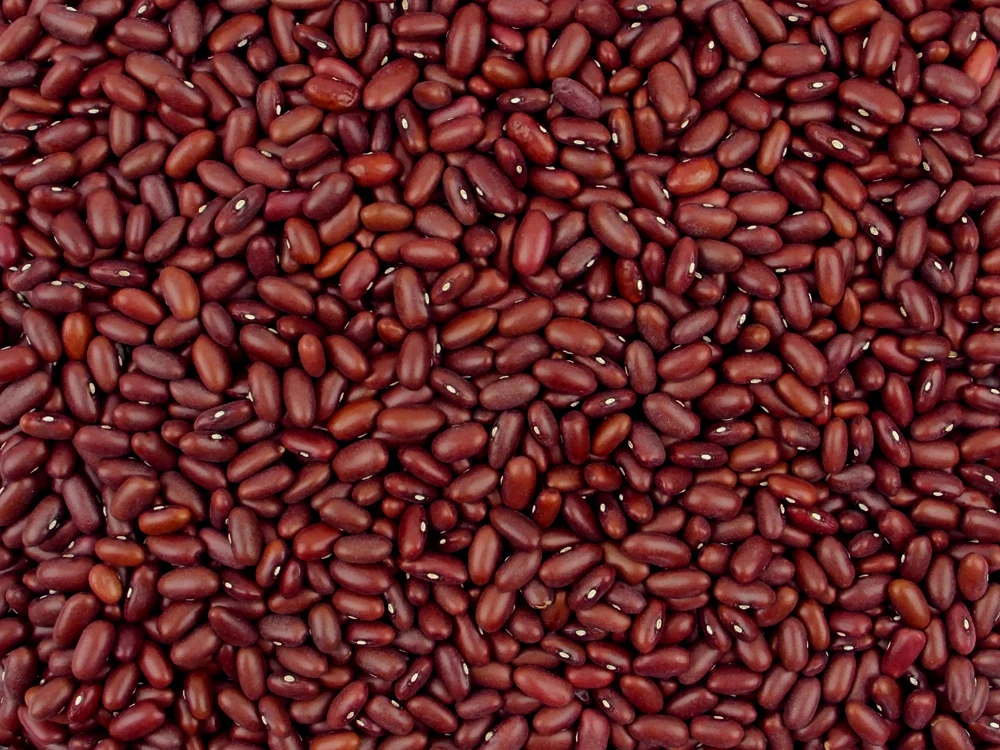
Beans
Beans are a versatile and nutritious food, rich in protein, fiber, vitamins, and minerals. They come in many varieties such as black beans, kidney beans, and chickpeas, and can be used in a wide range of dishes from soups to salads.
Lentils
Lentils are small, lens-shaped legumes known for their high protein and fiber content. They cook quickly and come in various types, such as green, red, and brown, making them a versatile ingredient for soups, stews, and salads.
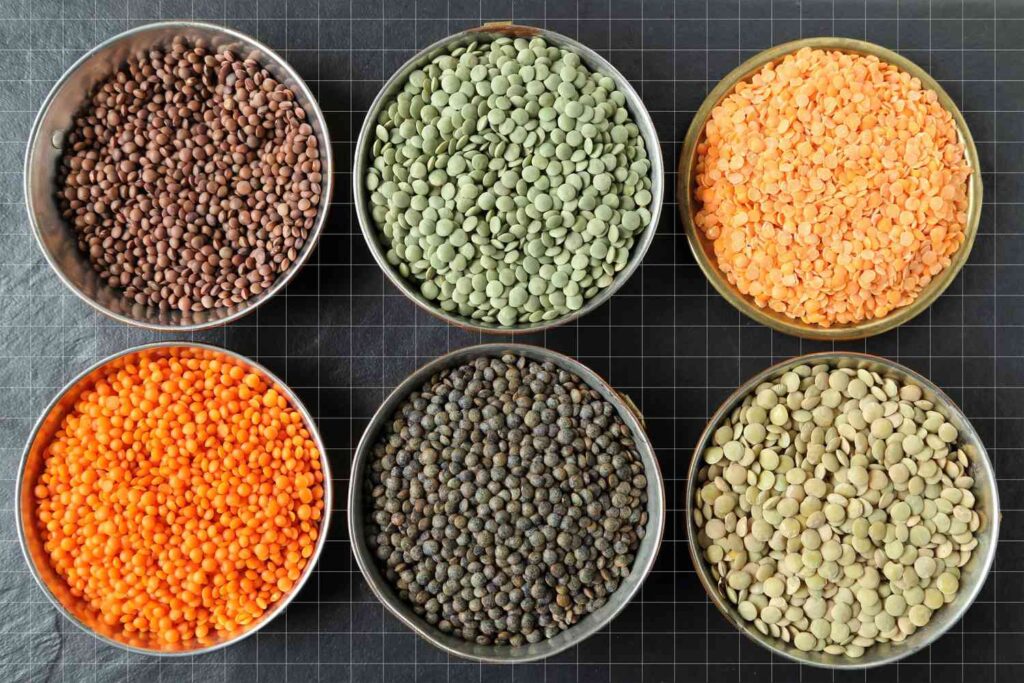
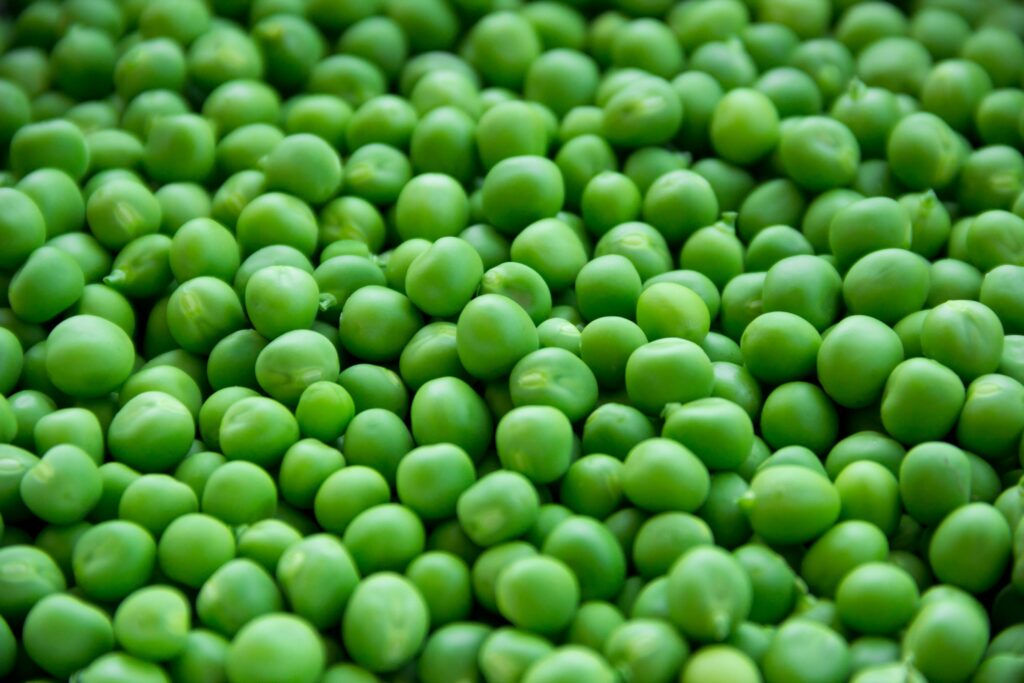
Peas
Peas are sweet, nutrient-dense legumes packed with vitamins, minerals, and protein. They can be enjoyed fresh, frozen, or dried, and are commonly used in dishes like soups, stews, and salads.
Soyabean & Peanuts
Soybeans are a highly nutritious legume, rich in protein and essential amino acids, widely used in products like tofu, soy milk, and edamame. Peanuts, although technically legumes, are known for their high protein and healthy fat content, and are popular in forms such as peanut butter and roasted snacks.
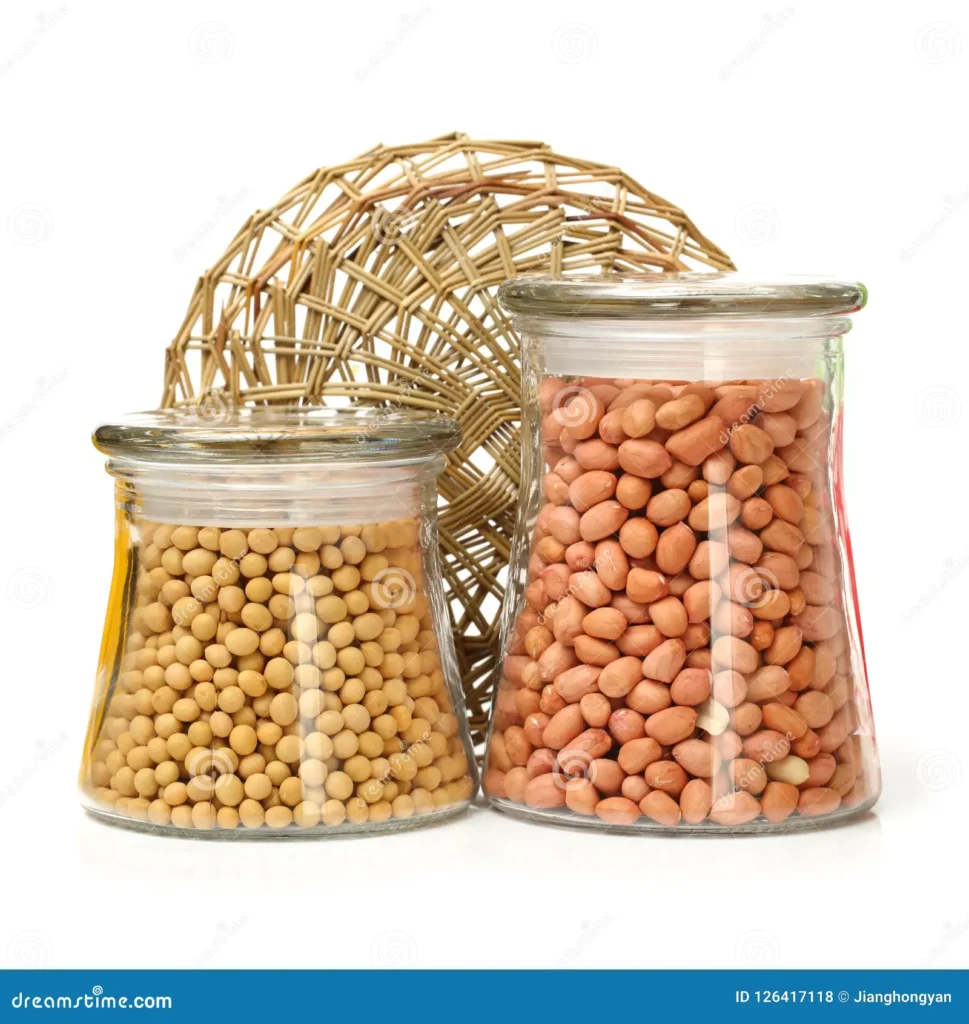
conclusion
legumes are a vital component of a healthy diet, offering a rich source of protein, fiber, vitamins, and minerals. Their versatility in culinary applications and benefits for sustainable agriculture make them an essential food group for promoting overall health and environmental well-being.
